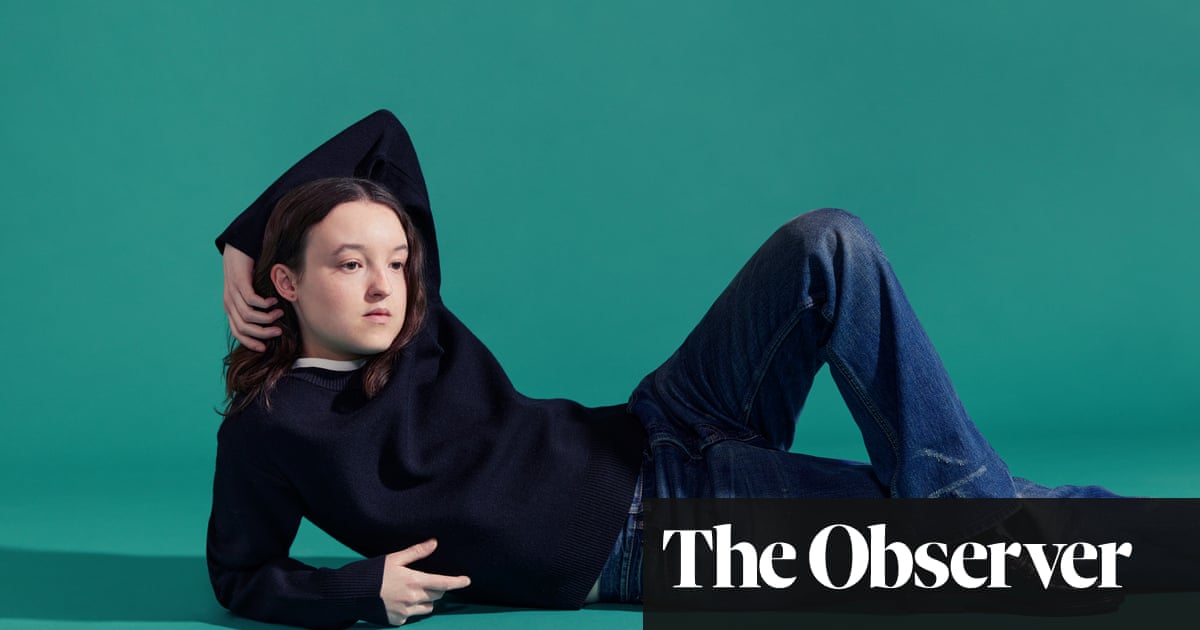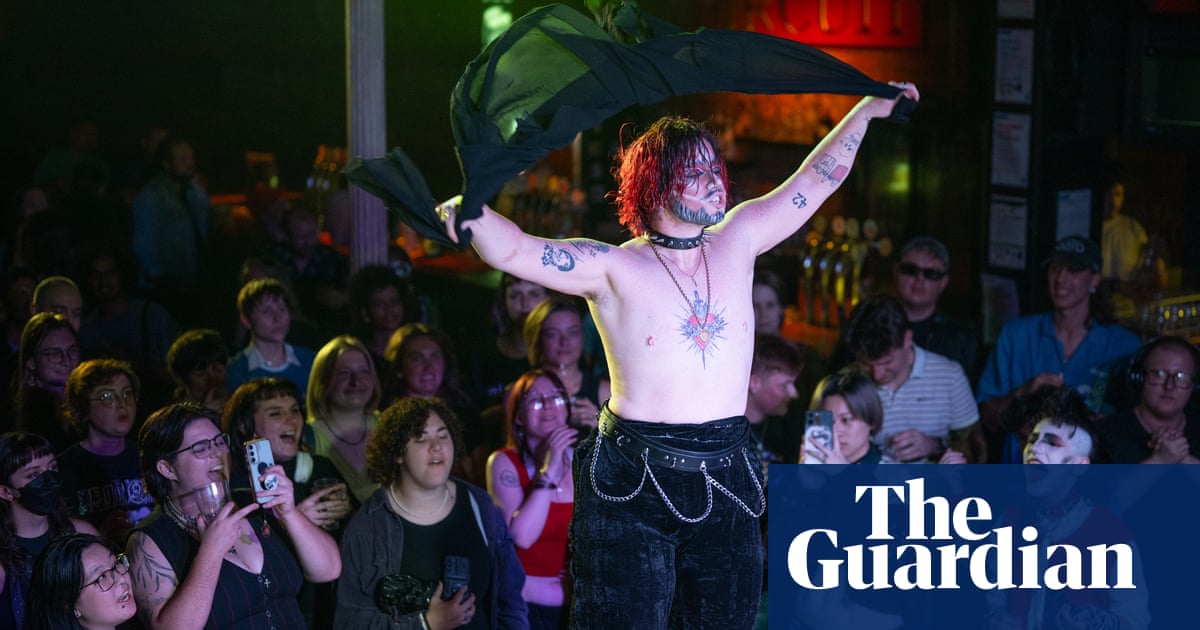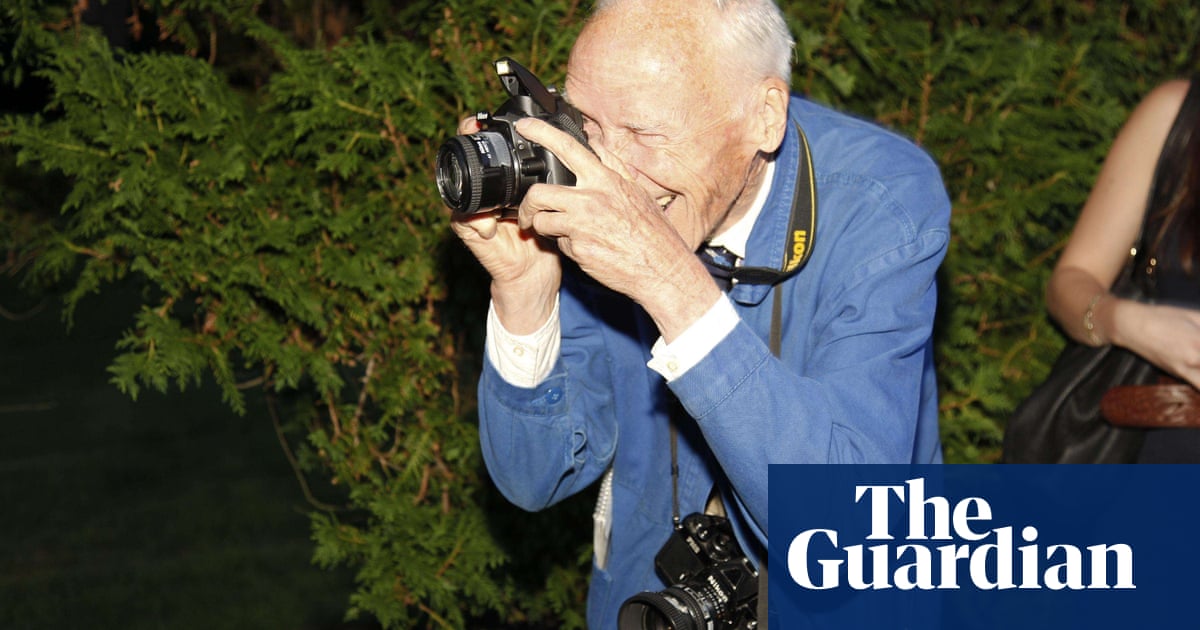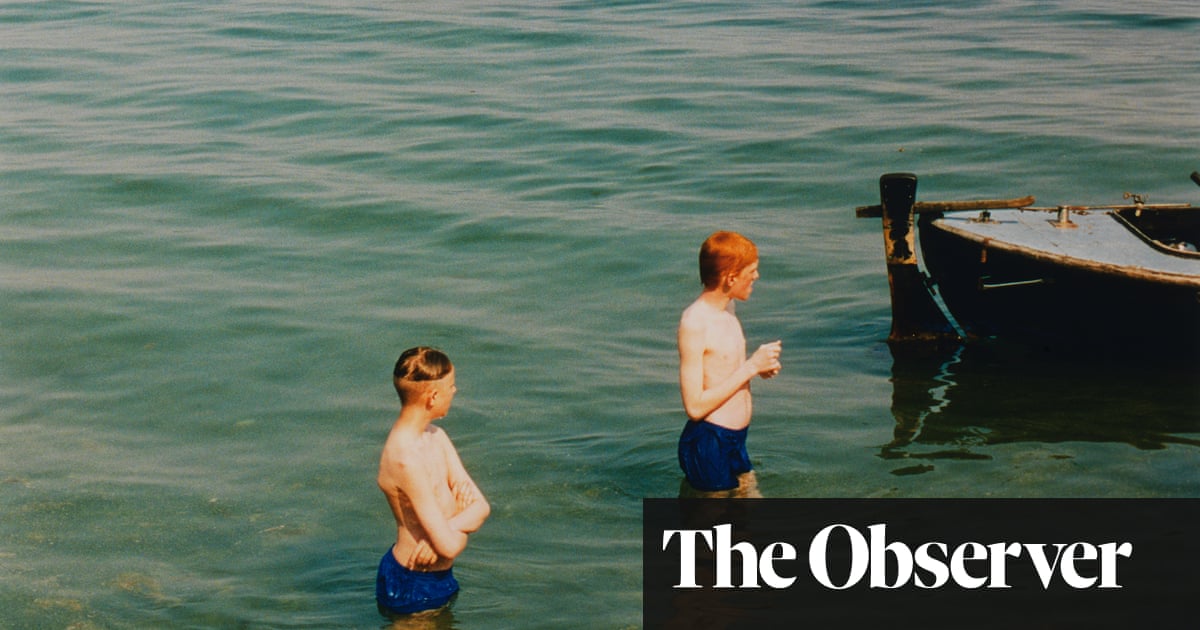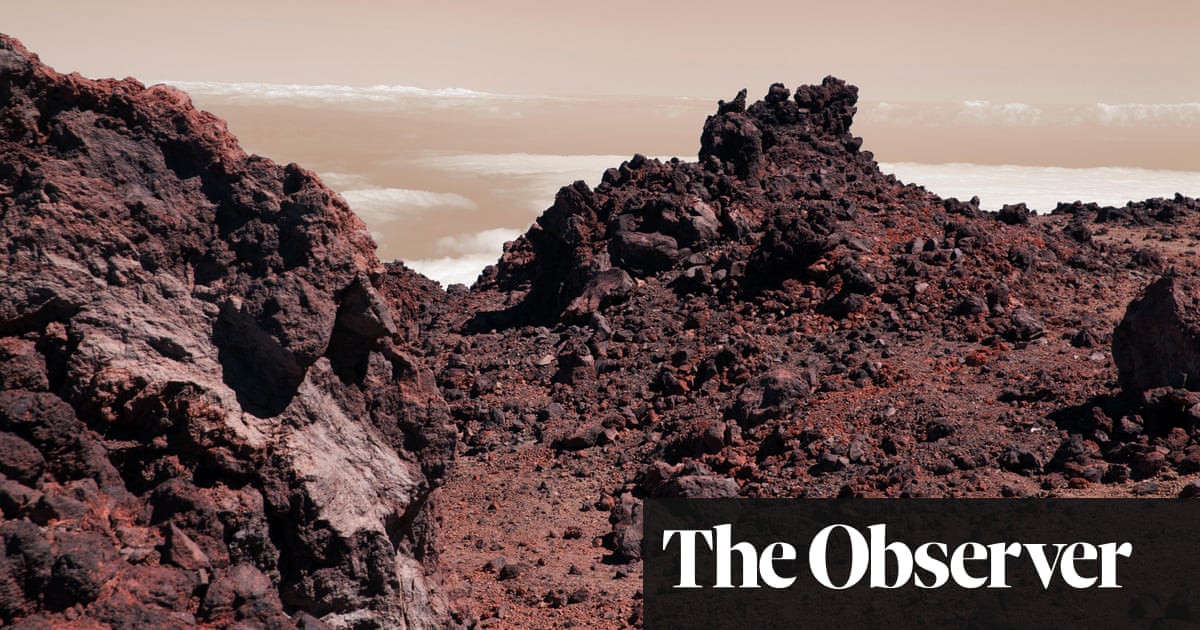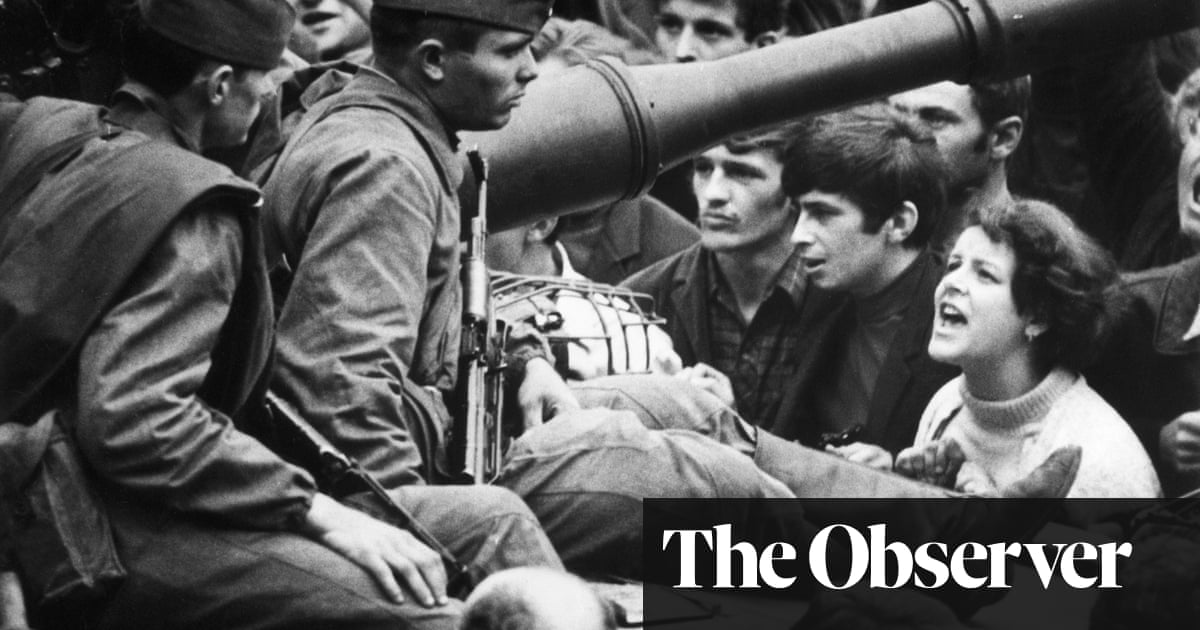I was 10 when I went on my first archaeological dig. I’d been exploring a clay pit near Bletchley Park, Milton Keynes, where I grew up, and found the fossilised jawbone of a small ichthyosaurus, complete with tiny teeth. I took it to a local geologist – he was amazed at what I’d found and put me in touch with an archaeologist in Buckinghamshire, who took me to a dig site. I found a bucket full of historical items in a spoil heap. From then on, I went to dig sites every weekend.
I like to work with my hands, so pursued a career as a brick- and stonemason; I even taught the trade in a college for three years. In 1984, I was working as a builder when a former student invited me to try scuba diving. It was exciting being able to see underwater. Over the next two years, I trained for a diving qualification and became close with some guys in a scuba club.
In 1991, a group of 13 of us founded the South West Archaeology Group (Swag). We began looking for wrecks off the coast of Devon. When we found treasure, we sent it to the British Museum. They politely suggested we change our name, as “Swag” wasn’t in keeping with their ethos, so we added “Maritime” in the middle to become SWMAG, which is less catchy.
Our first major find was a collection of 44 tin ingots in the Erme estuary, east of Plymouth. I found 15 on the first day and had three analysed in Oxford. The ingots dated to the bronze age – we couldn’t believe it. We won a Duke of Edinburgh award for our work, and went to Buckingham Palace to meet Prince Philip.
Then, one weekend in 1994, the team went diving near Salcombe to a wreck site where an old cannon had been found a few years earlier. I wasn’t with them, but they found gold coins buried in the seabed. I couldn’t wait to join them the following weekend.
With metal detectors and kitted out in scuba gear, we swam down and began sweeping. As I swam along the bottom of the sea, I’d see fish in my peripheral vision. They’d look at you as if to say: keep digging.


On that first dive, I found a few gold pieces, but the really exciting find was a sounding weight, an ancient maritime navigation instrument. It was made of lead and shaped like a fish. The rush you get from holding history in your hands never gets old.
We went back to that wreck site every weekend for years. Once I was 20 metres (65ft) underwater when the detector went off. I waved my hand in a figure of eight over the seabed. The sand swirled, and cleared. A flash of gold appeared and my heart leapt. You’ve got to keep breathing regularly in scuba gear, but it was hard to stay calm. I waved my hand again to find a bar of gold shining in the sand. You wouldn’t believe the weight of it. We called it the gold Mars bar.
Another time, I swam further out to a kelp forest. I went down into a gully and had a hit on the metal detector. I swirled my hand above the sand, and it shifted to reveal a green edge. It was a bronze age sword. I swam back up to the surface with it, told my friends to bring out a camera, and held it above my head like Excalibur.
after newsletter promotion
We dived down to the Salcombe Cannon wreck nearly every month for 23 years. As well as the bronze age artefacts, there were 400 coins dating back to the 17th century. A set of gold ingots were found. It’s believed they were for trading, which may explain why the ship was there in the first place.
We sent everything we found to the British Museum. I’ve seen some of our finds exhibited – it’s a real thrill.
The group disbanded after the pandemic, and only one of us still dives. I’ve taken to metal detecting on land – I still get the same rush, and there’s no need to keep an eye on the oxygen. My best find recently was a hoard of 17 axe heads from 1850BC.
I’ll be 68 next year, and don’t plan to stop any time soon. There’s nothing like this hobby. To see something in a museum with my name on the label; to have found ancient items that have changed how we see history, it’s been incredible. And to think it all started with finding that little ichthyosaurus jawbone in Bletchley.
As told to Millie Jackson
Do you have an experience to share? Email [email protected]

 3 months ago
42
3 months ago
42
